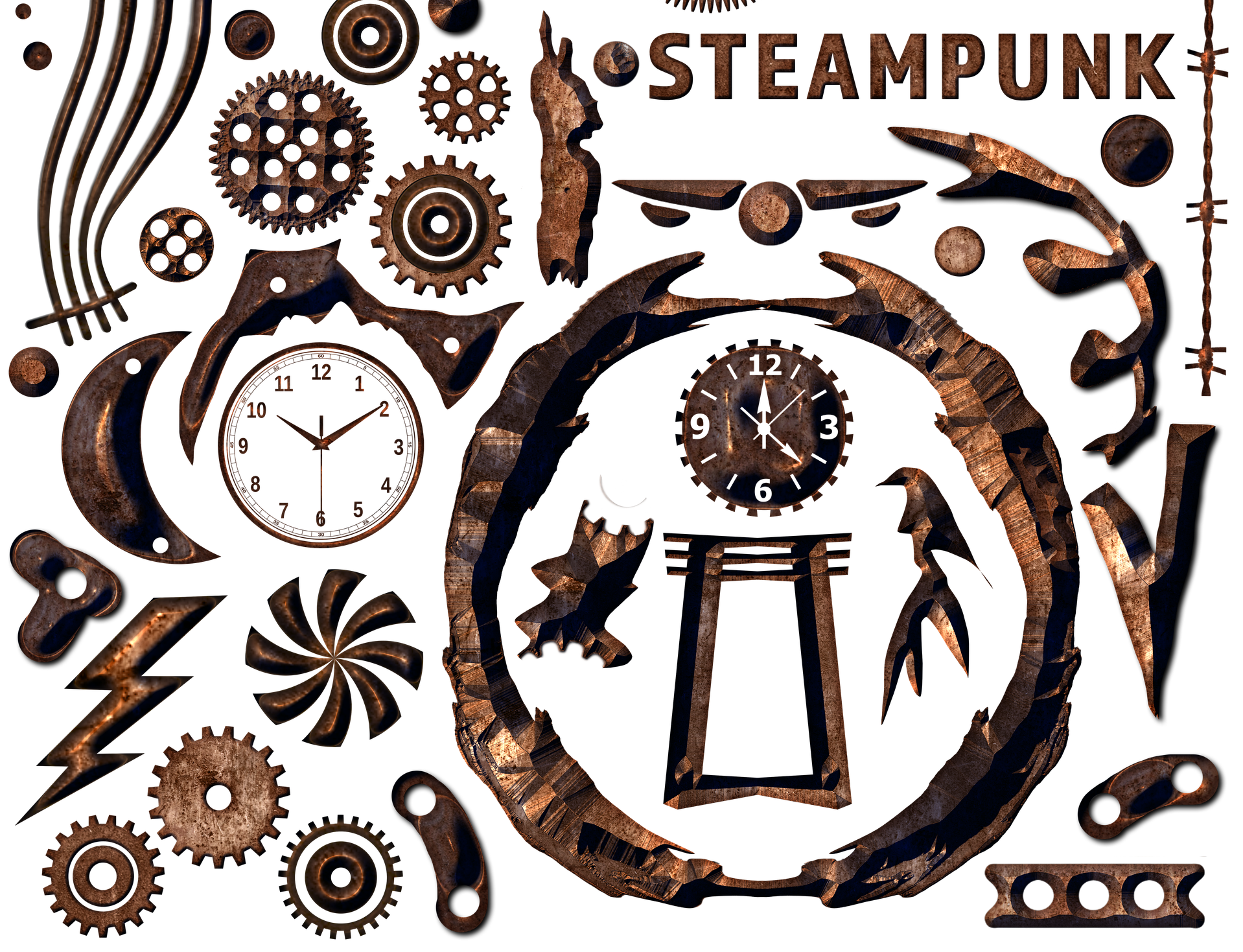The Metaverse will represent a $13 trillion opportunity by 2030, according to arecent report from Research and Markets This is a huge market that attracts enterprise technology companies and investors alike.
Summary
B2B marketers can no longer ignore virtual worlds and immersive technology as tactics exclusively for consumer campaigns. Corporate marketers must embrace these technologies and implement them successfully and strategically to achieve KPIs.
1. Events, events, events
Events have been a cornerstone of the marketing mix for B2B teams. Post-COVID events must be hybrid, including both in-person and online options to meet the needs of attendees with varying travel comfort levels. Corporate travel budgets have never been tighter, and justifying an in-person conference experience has become more challenging. Along with the need to provide a hybrid experience, those choosing to stay home need something more immersive than the typical 2D conference experience. This new dynamic creates numerous challenges for event marketers, which immersive technology can help address.
Many new, enterprise-ready immersive event platforms and technologies are being developed, with new players entering the field almost daily. One promising startup,TouchCast , has created an interactive 2.5D corporate event solution that integrates with Microsoft Teams. According to Ricky Houck, senior business strategist at TouchCast:
"There's already so much technology underutilized by businesses. We can leverage the innovation of 3D world creation for games and entertainment, expanding their use cases to virtual events, sales, training, and many other B2B use cases."
2. Learning, education and training
Training should be included in most B2B campaigns. Potential purchasing committees must fully understand highly complex products and services. After purchasing, they must know how to use the product. Customer success and sales enablement teams rely heavily on training materials for upsell opportunities.
Research has shown that immersive technology can help improve learning and information outcomes. One studyof the University of Maryland concluded that people remember information better when presented in a virtual environment. Global IT firm Accenture capitalized on this trend by creating an immersive office space they dubbed The Nth Floor.
One of the first examples of the promise of Microsoft Mesh,The Nth Floor, integrates with Microsoft Teams to enable to the Accenture employees can seamlessly create avatars, visit 3D virtual locations, and collaborate in a virtual environment. The company has successfully used the virtual office to onboard more than 150,000 employees and is thrilled with the results. Jason Warnke, Senior Managing Director, Global IT and Digital Experiences Lead at Accenture, shared in arecent blog post :
We found that most students (70%) forgot the training content within 24 hours, and virtually all (90%) forgot it after a month. Interestingly, one study also found that immersive VR instruction offered a 33% higher learning retention path than video.
Currently, The Nth Floor It is reserved for employees only Accenture.
3. Building relationships
With fewer job prospects on the road, the relationship building It's becoming practically essential. Connecting on an emotional level is really difficult compared to standard video conferences. There are those awkward silences, moments where you're talking over each other, and that awful feeling of watching yourself on video. Immersive technology can save the day by providing tools that help foster connection, like a shared 3D environment, avatars that can facilitate self-expression, and opportunities for fun!
Source: Market.org, Top 3 marketing use cases for the B2B metaverse











